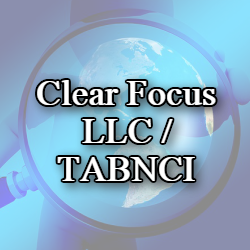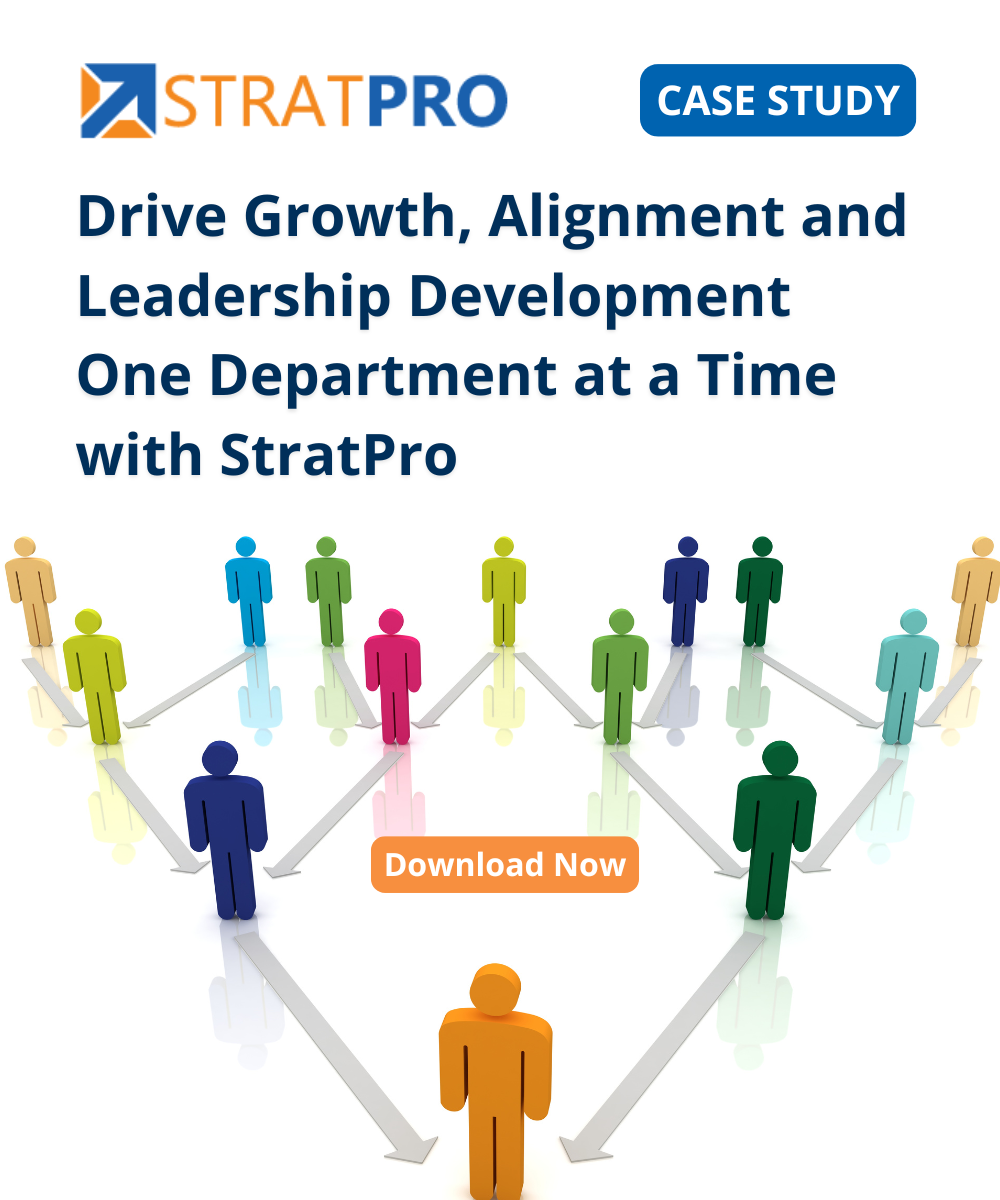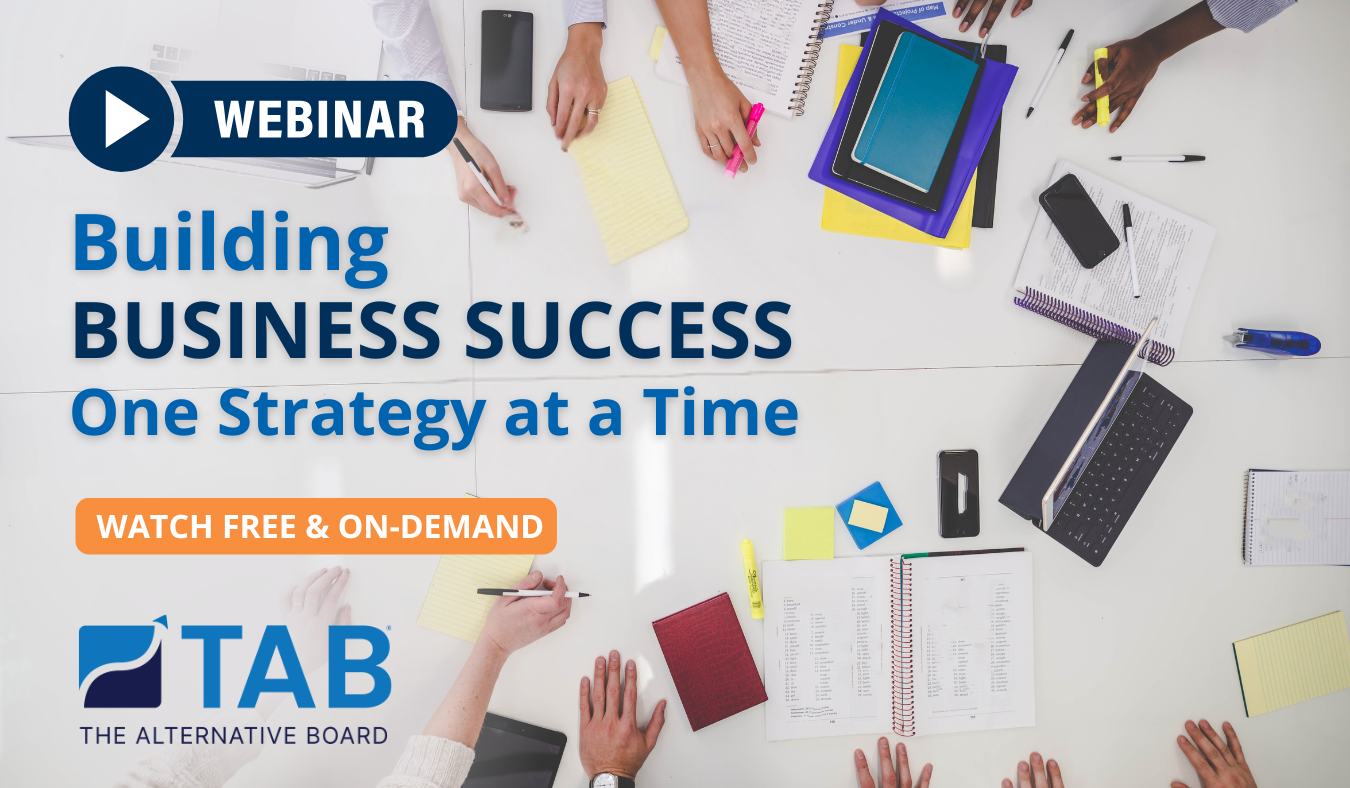In today’s fast-paced, performance-driven workplace, one trait consistently sets top performers apart: their ability to embrace feedback. While many professionals view feedback as criticism, high achievers see it as a strategic tool for growth, innovation, and sustained excellence.
The Power of Feedback in High Performance
According to a study by Zenger/Folkman, top-performing employees are significantly more likely to seek and act on feedback than their peers. In fact, those rated in the top 10% of performance actively solicit feedback 400% more than the average employee (Zenger/Folkman, 2022).
This mindset fuels continuous improvement. Rather than fearing perceived shortcomings, elite performers recognize feedback as a mirror — one that reflects blind spots and reveals new avenues for advancement.
What Top Performers Do Differently
1. Shift Their Mindset
Top performers don’t see feedback as personal criticism but as data. They understand that feedback, whether from a manager, peer, or customer, is an external perspective that can improve results.
2. Ask Specific Questions
Instead of waiting for vague performance reviews, they ask questions like:
- What’s one thing I could do better in client presentations?”
- “How can I support the team more effectively this week?”
This targeted approach elicits more actionable responses and demonstrates a growth mindset.
3. Follow Up and Follow Through
Feedback isn’t helpful if it’s ignored. High performers document the insights, set goals, and measure progress. They close the loop by checking in with those who offered feedback to show growth.
4. Normalize the Feedback Loop
By giving and receiving feedback regularly, they create a culture of mutual trust and improvement. This culture reduces defensiveness and increases psychological safety.
Tools and Solutions to Embrace Feedback
- 360-Degree Feedback Tools make it easy to gather balanced insights from peers, managers, and reports.
- Personal Reflection Journals: Simple apps like Day One or Notion help top performers track recurring themes in feedback and spot growth trends.
- Feedback Frameworks such as SBI (Situation-Behavior-Impact) or “Start-Stop-Continue” help organize feedback in a constructive format.
Embracing Feedback: Tips for Every Professional
- Start Small: Ask for feedback on one specific behavior or task.
- Detach Emotion: Listen with curiosity, not defensiveness.
- Act and Reflect: Implement suggestions and evaluate their impact.
- Celebrate Progress: Recognize when feedback has led to growth — and thank the people who helped you.
Final Thought
Embracing feedback isn’t about perfection — it’s about progress. Top performers know that the fastest route to mastery is paved with insights from others. By welcoming, applying, and following up on feedback, professionals at any level can unlock their potential and become indispensable.
Gary Brunson
gary@myclearfocus.com
Debra Rider
debra@myclearfocus.com
574.361.2674
Sustainable Growth & Profit Consultant, Coach, Mentor, and Counselor/Therapist for Business Owners and Professionals.











